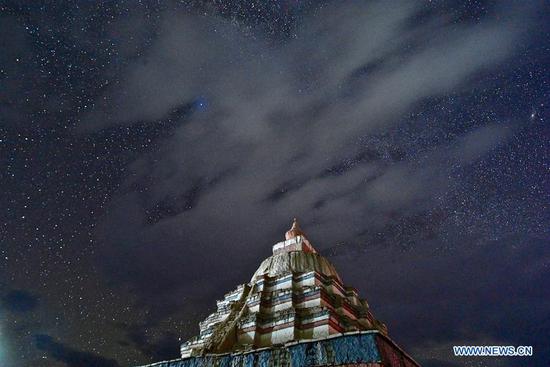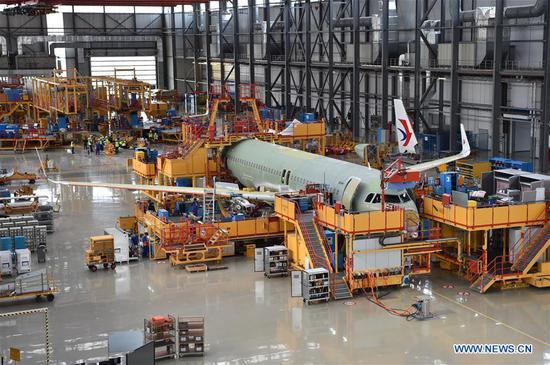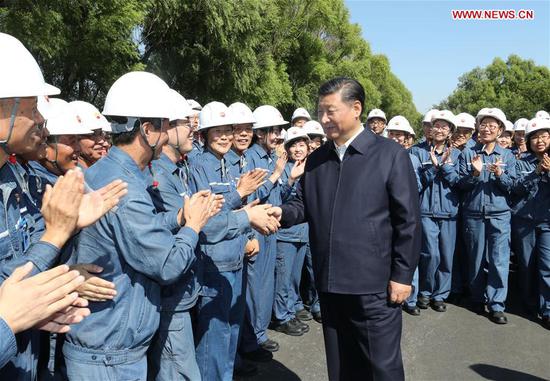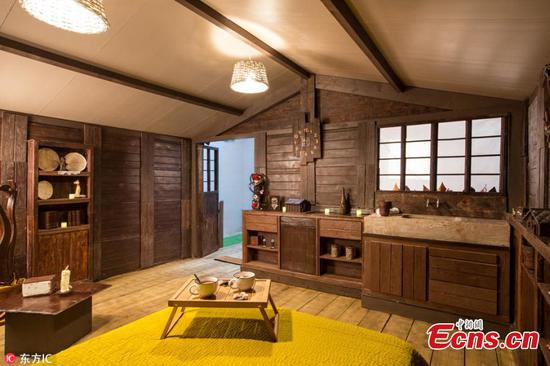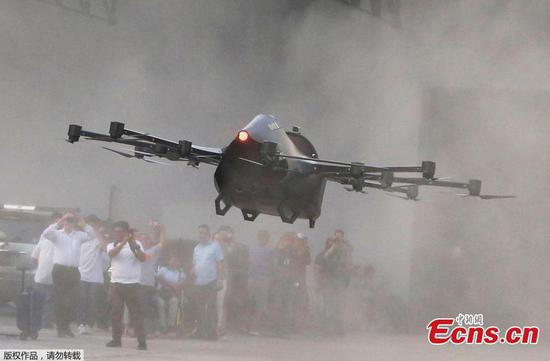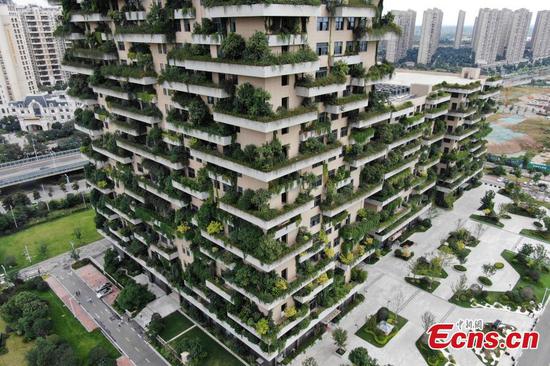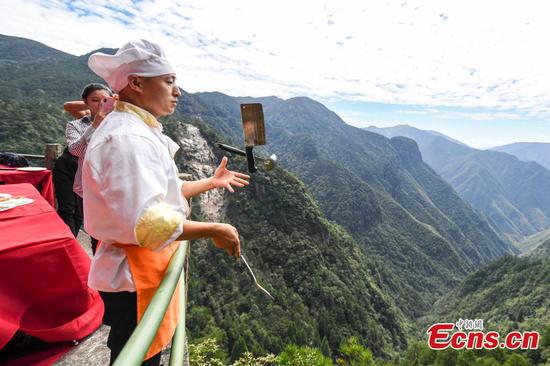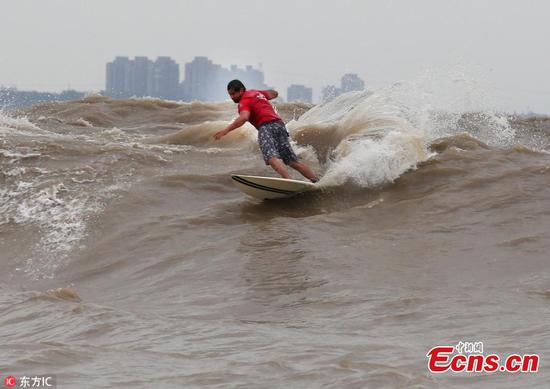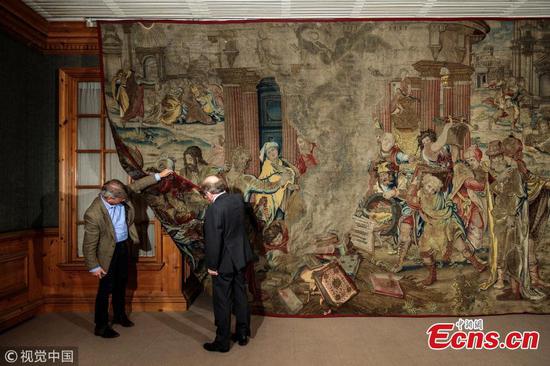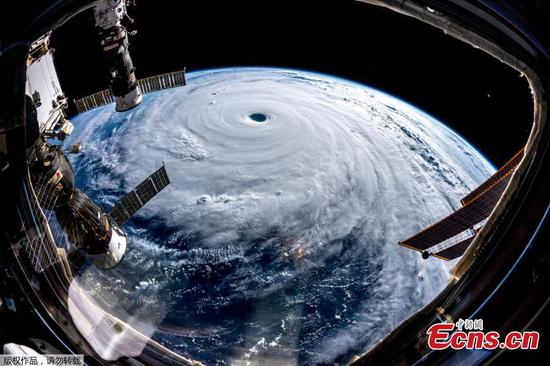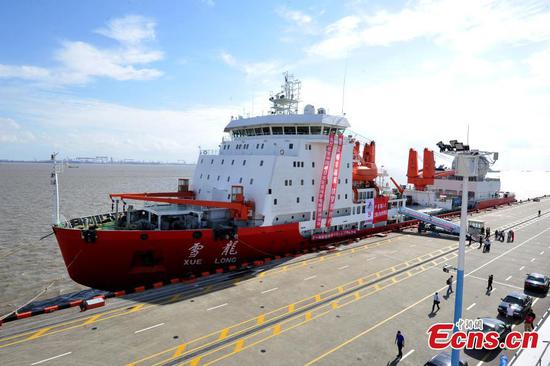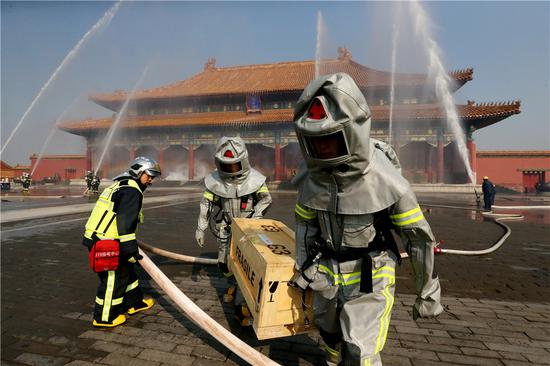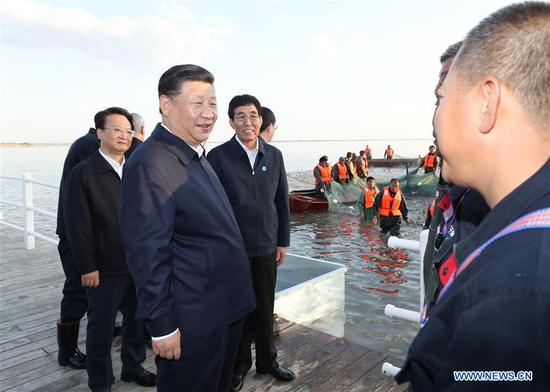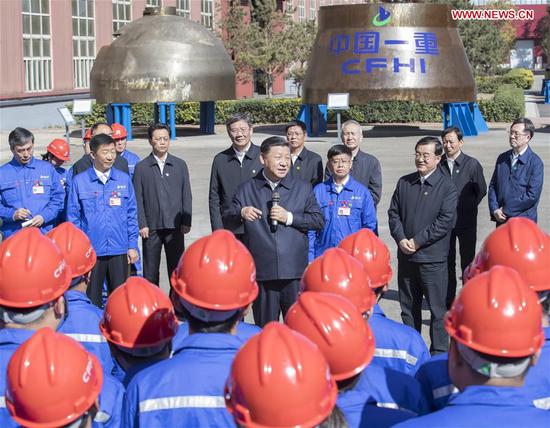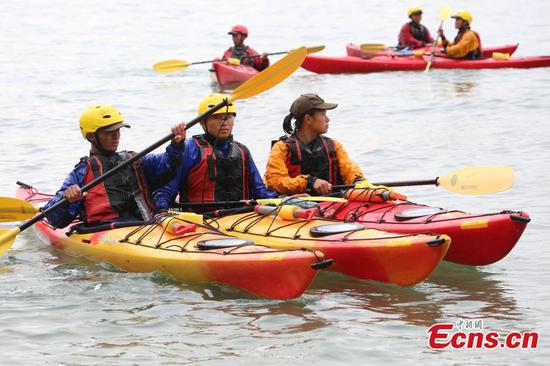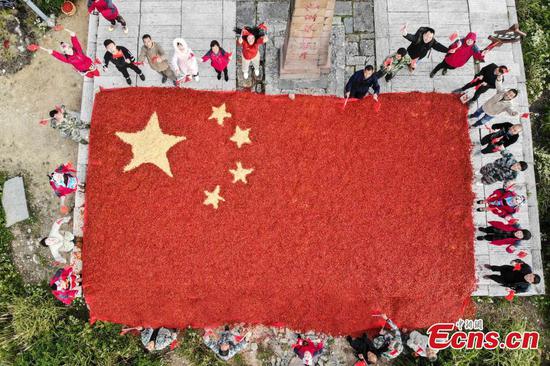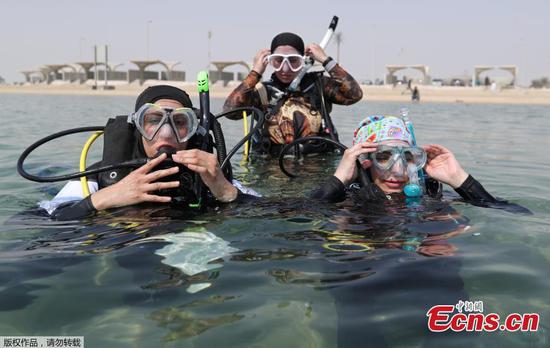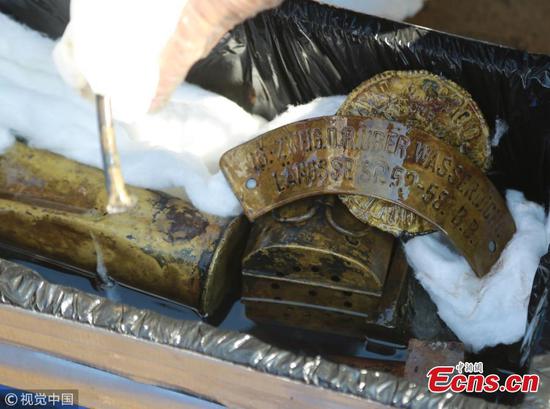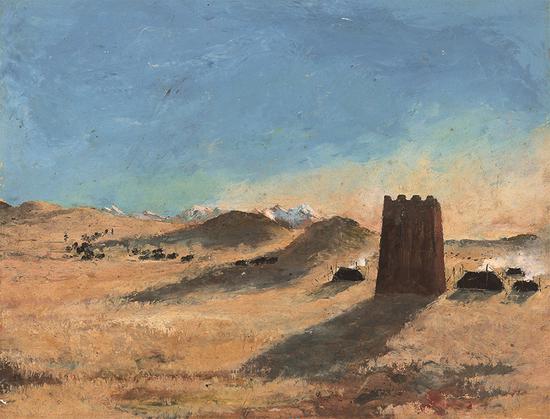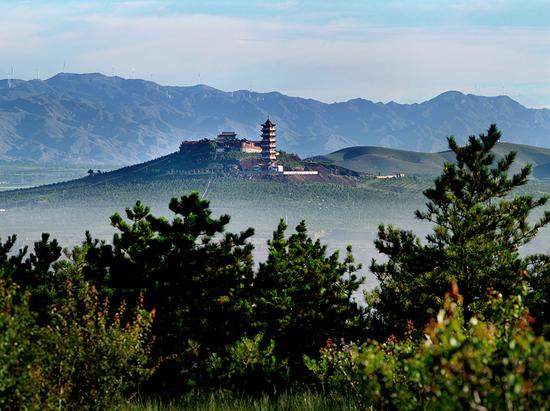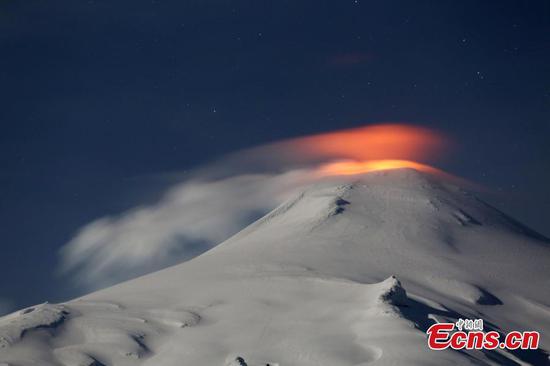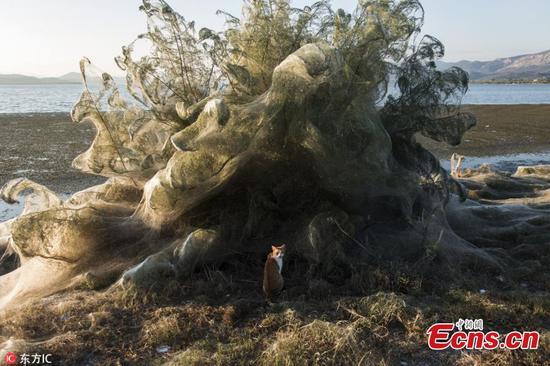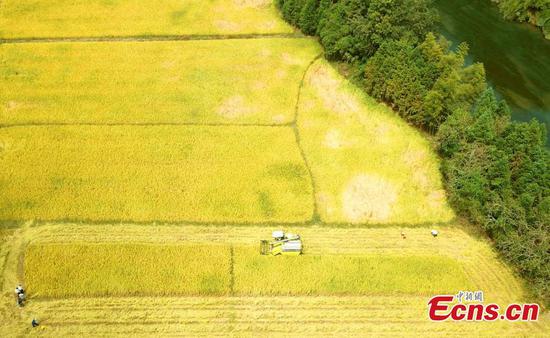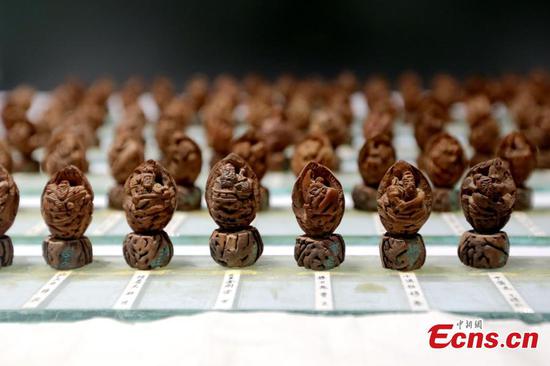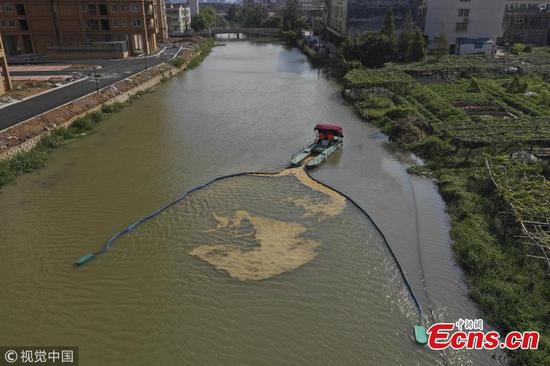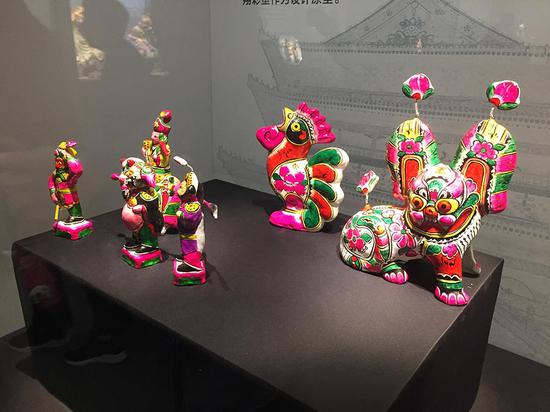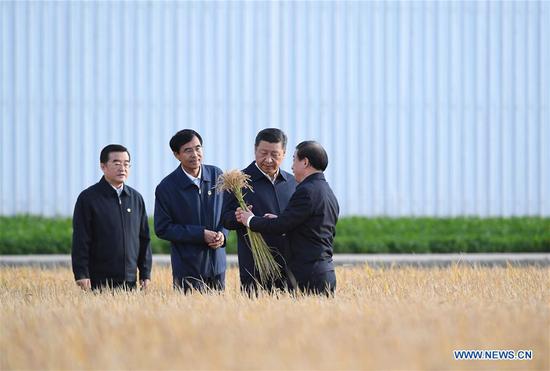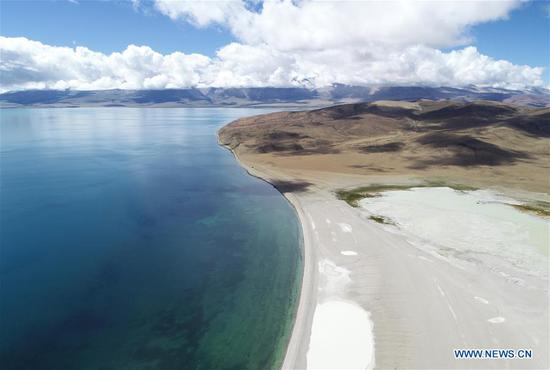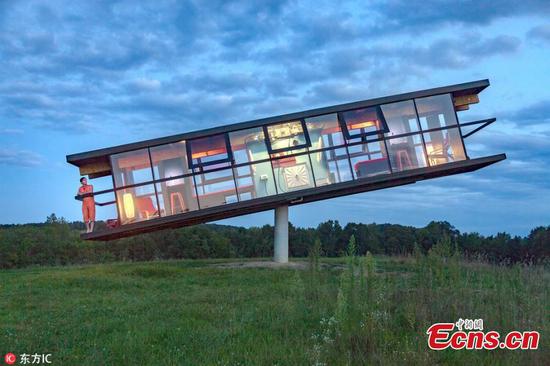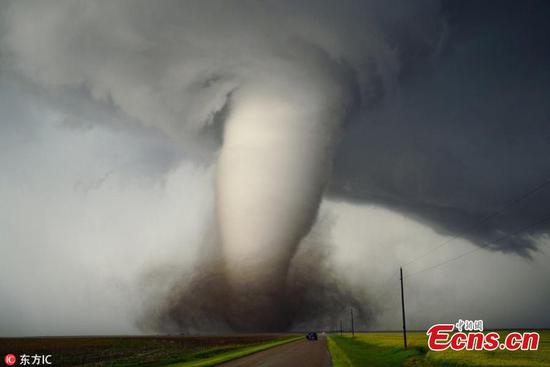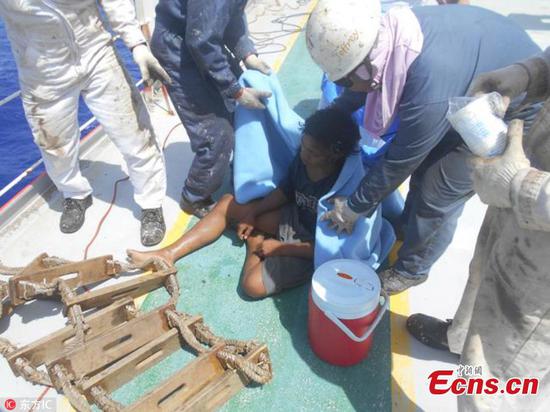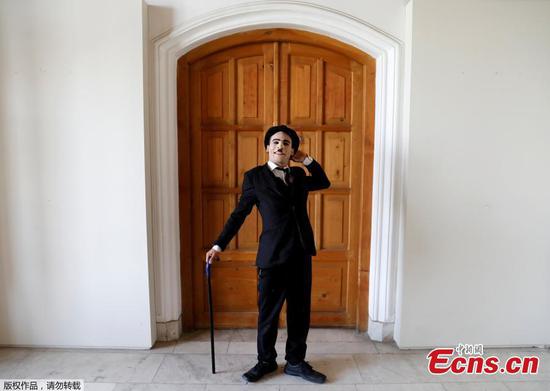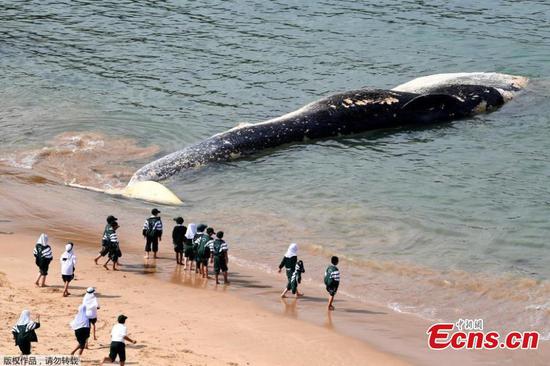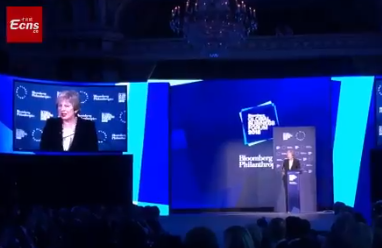China and Russia's diplomats have urged the United Nations Security Council to ease the sanctions on the Democratic People's Republic of Korea (DPRK) to reward Pyongyang for "positive developments," while the U.S. insists no exception should be made.
At Thursday's session, Chinese Foreign Minister Wang Yi and Russian Foreign Minister Sergey Lavrov told diplomats of the 15-member council that Pyongyang should be rewarded for the "positive developments" this year, with U.S. President Donald Trump and DPRK leader Kim Jong Un having met in June and Kim pledging to work toward denuclearization.
Wang noted that there are provisions in Security Council resolutions for the body to modify sanctions if the DPRK complies. He said that "given the positive developments," China believed the council "needs to consider invoking in due course this provision to encourage the DPRK and other relevant parties to move denuclearization further ahead."
Lavrov echoed China's call. He said: "Any negotiation is a two-way street. Steps by the DPRK towards gradual disarmament should be followed by the easing of sanctions." He was also critical of several U.S. attempts to tighten UN sanctions on the DPRK in recent months.
"Further increase of sanctions goes beyond cutting off financing of banned missile and nuclear programs, and is in fact a threat to North Korean [DPRK] citizens and would bring extreme socio-economic and humanitarian suffering," Lavrov said. Lavrov said the Security Council should send a clear signal in support of the positive momentum on the Korean Peninsula. U.S. Secretary of State Mike Pompeo, who chaired the meeting, warned the council must "set the example" by enforcing sanctions on the DPRK.
Pompeo said: "Enforcement of Security Council sanctions must continue vigorously and without fail until we realize the fully, final, verified denuclearization."
"The members of the council must set the example on that effort," Pompeo added.
On Wednesday, Pompeo met DPRK Foreign Minister Ri Yong Ho on the sideline of the annual UN gathering of world leaders in New York, and accepted the DPRK's invitation to visit Pyongyang again next month.
The Security Council has unanimously boosted sanctions since 2006 in a bid to choke off funding for Pyongyang's nuclear and ballistic missile programs.
(With input from Reuters)









